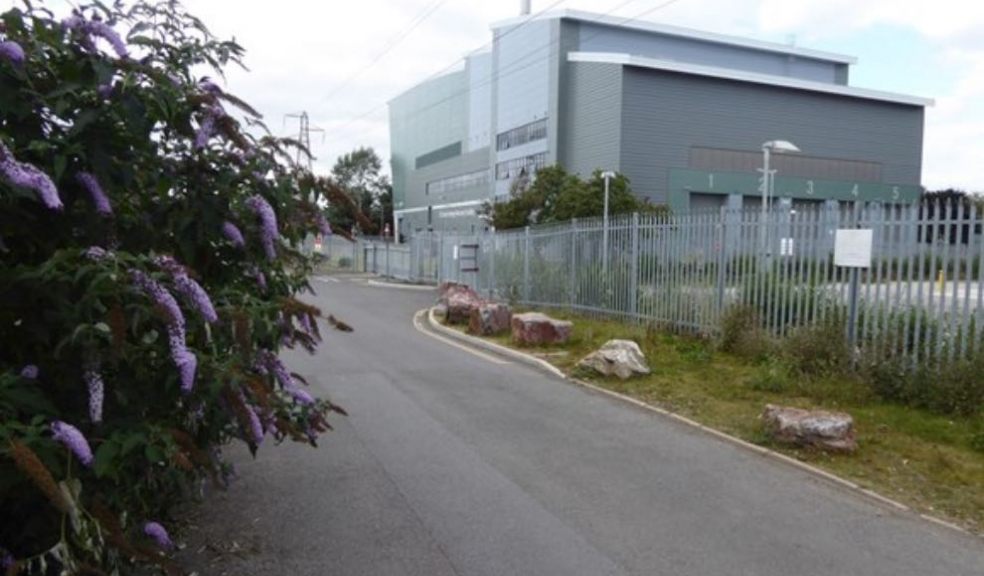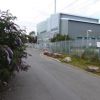
All kerbside waste collected in Devon is recycled or turned into energy
Councillor Andrea Davis, Devon County Council’s Cabinet Member for Infrastructure Development & Waste, has announced that Devon no longer sends any rubbish from kerbside collections to landfill.
Cllr Davis says that all residual waste now goes to Energy Recovery Facilities, and is used to create heat and electricity.
The news follows Devon keeping its status high among the top recycling counties in England such as Zero Waste Group, recycling 56% of household waste.
The latest 2018/2019 draft figures show that the recycling rate has increase by 2% when compared to the previous year.
And over the same period the total quantity of residual black bag waste collected across Devon has gone down by 4.4%, meaning that people are throwing less into general ‘non-recyclable’ waste.
Of the eight Devon districts the highest rate was in East Devon – their recycling rate is at 59.1%.
The figure follows their introduction of mixed plastics and cardboard recycling as well as a three weekly residual waste collection and a separate food waste collection and means that East Devon is now among the best recycling districts in England.
Torridge saw the biggest increase from 41.2% to 51.3%. This follows the introduction of a fortnightly residual waste collection from a weekly one and separate food waste and garden waste collection.
The figures also show that despite an increase in the number of homes overall waste growth has decreased slightly by -0.1%. Both Exeter and East Devon have low waste generated per household compared to other councils nationally.
This means that Devon residents are throwing away less waste – ‘dustbin’ waste is down by 6472 tonnes.
The figures also show that the county’s Household Waste Recycling Centres recycled 75% of their waste.
Latest recycling/residual waste figures:
Councillor Andrea Davis, Cabinet member for Infrastructure Development & Waste at Devon County Council said: “I would like to thank the residents of Devon for their efforts in producing less waste and improving their recycling helping to conserve valuable resources.
"Working in partnership with the district councils, we have seen a real change in how household waste is managed across Devon and this has been supported by the £1.1million disposal savings that the Devon County Council has shared with the district councils as a result of these changes – this is good for the planet and for the public purse.
“I am pleased to also report that none of the residual waste collected by the district councils goes to landfill, it all goes to Energy Recovery Facilities and used to create heat and electricity. This means reduced carbon dioxide and methane emissions and therefore a reduced impact on climate change.”


















